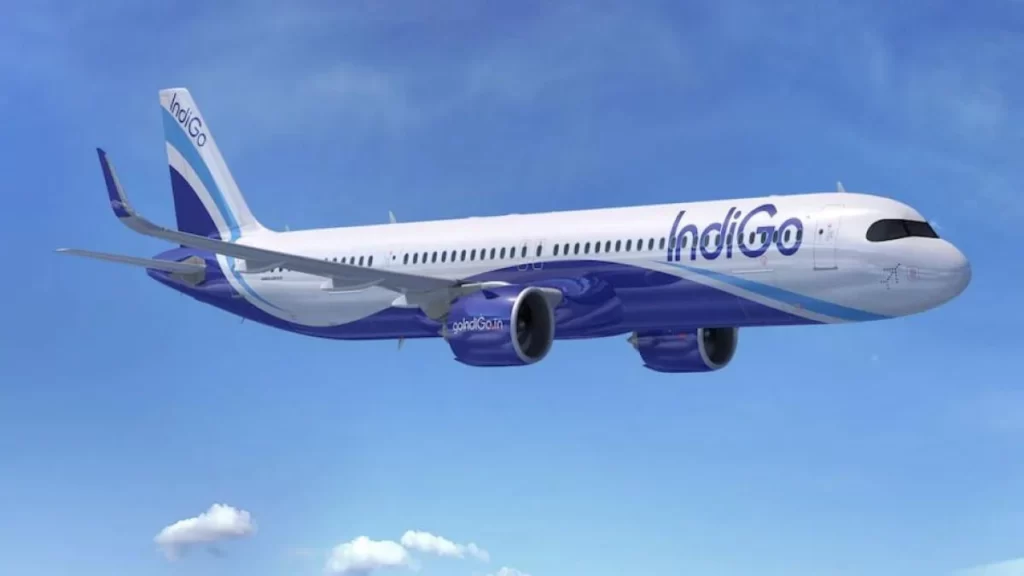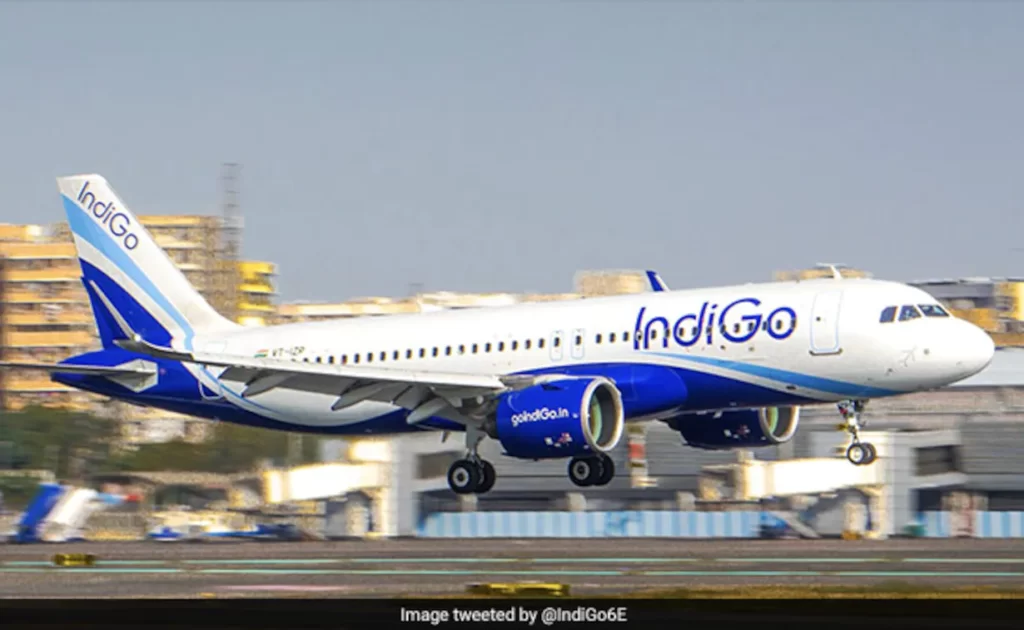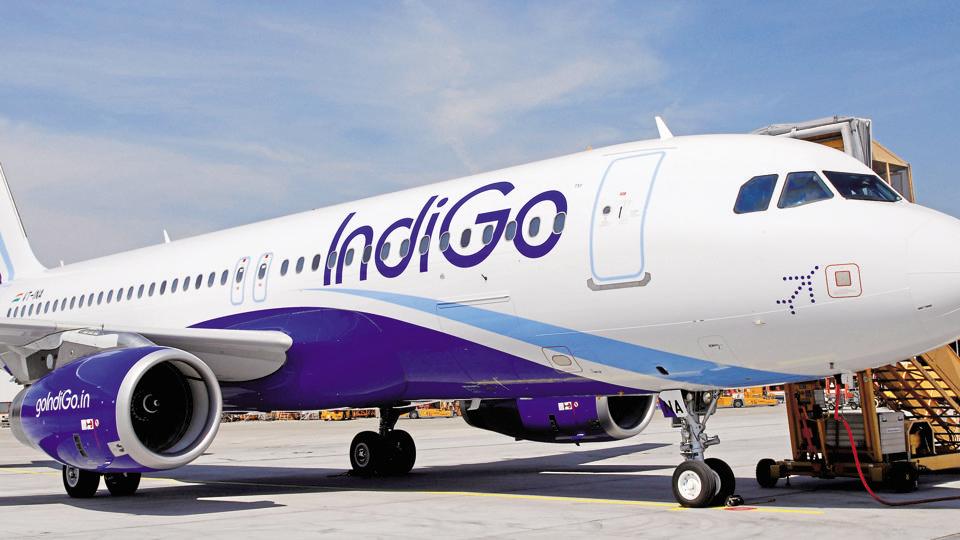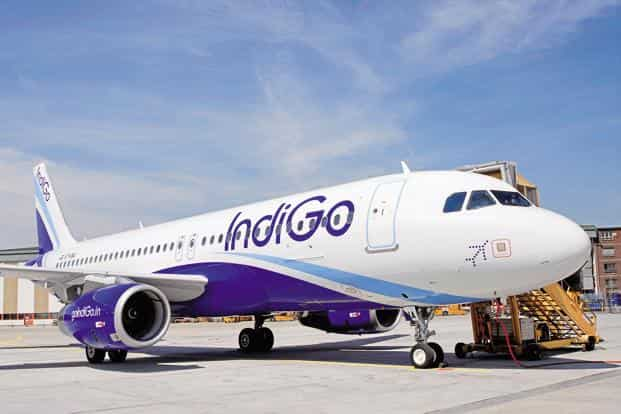IndiGo has signed a slew of codeshare deals in the last few months, but how will this affect the low-cost giant?
Last week, IndiGo inked a codeshare agreement with Qantas, its fifth deal in total and third in the last six months alone. While most know what a codeshare offers, why are carriers seeking out IndiGo, and how will this help the airline in the future? Here’s a look at the recent changes.
India’s two-year-long ban on international flights

For foreign carriers flying to India, the pandemic has been hard. India’s two-year-long ban on international flights (only travel bubbles, banning, most one-stop connections) meant hub carriers like British Airways, Emirates, and more could not scale up passenger traffic. Meanwhile, direct routes from airlines like United and Air India prospered.
Airlines are turning to codeshare deals to develop their destination books in India and compete with the Middle East three (ME3 – Emirates, Qatar, and Etihad). Here’s where IndiGo airline arrives. The low-cost giant is now the sixth-largest airline in the world and commands over half of India’s domestic traffic.
The first codeshare agreement came with American airlines
since October, IndiGo airline has been keeping active. The first codeshare agreement came with American Airlines, which was making a recovery after a decade away from India. The second was with Air France-KLM in December. The European giants that once were near connected to Jet Airways are now looking to return to an expansion in India.

The final agreement came last week with Qantas and low-cost arm Jetstar. IndiGo has no connections in Australia, making this one crucial for Qantas and Jetstar, which has gone from no India routes to two in the last few months. Overall, it’s been a busy half year for IndiGo.
IndiGo will codeshare on Qantas
- The first benefit of a codeshare is simple: more passengers. These deals permit airlines to sell each other’s tickets and transfer passengers across the selected network. For instance, IndiGo will codeshare on Qantas’ flights from Delhi, Bangalore, and Singapore, connecting to 50 other domestic cities.
However, it is not only about more tourists. IndiGo already pushes impressive load factors on most routes. Instead, these codeshares will introduce IndiGo to new markets and make international visitors more familiar with its brand and operations.
Also, read
- Russian drone destroyed by a new British Martlet missile in Ukraine
- IndiGo appoints Mahesh Malik as CCO of the cargo division
- Telangana: Female Trainee Pilot Confirmed Dead as Aircraft Crashes in Nalgonda
This will be required to push for the airline, which has major plans to develop in Europe and East Asia in 2024 with the arrival of its A321XLRs.
If successful, the codeshare agreements will grow once IndiGo starts flying to western Europe, allowing it to offer cheap fares through the continent and even beyond. The carrier will be more than happy to settle with exposure and more passenger booking until then.
IndiGo had codeshare deals with Qatar Airways and
Before 2021, IndiGo had codeshare deals with Qatar Airways and Turkish Airlines. The former has a limited one-way on three flights from Doha, while the latter had a lucrative deal with IndiGo but has stalled due to political tensions between India and Turkey.

Both these codeshares will be reactivated as India completely reopens, but it is exactly that IndiGo has its eyes set on increasing beyond traditional markets.
Thank you
Stay updated with Aviationa2z.com

